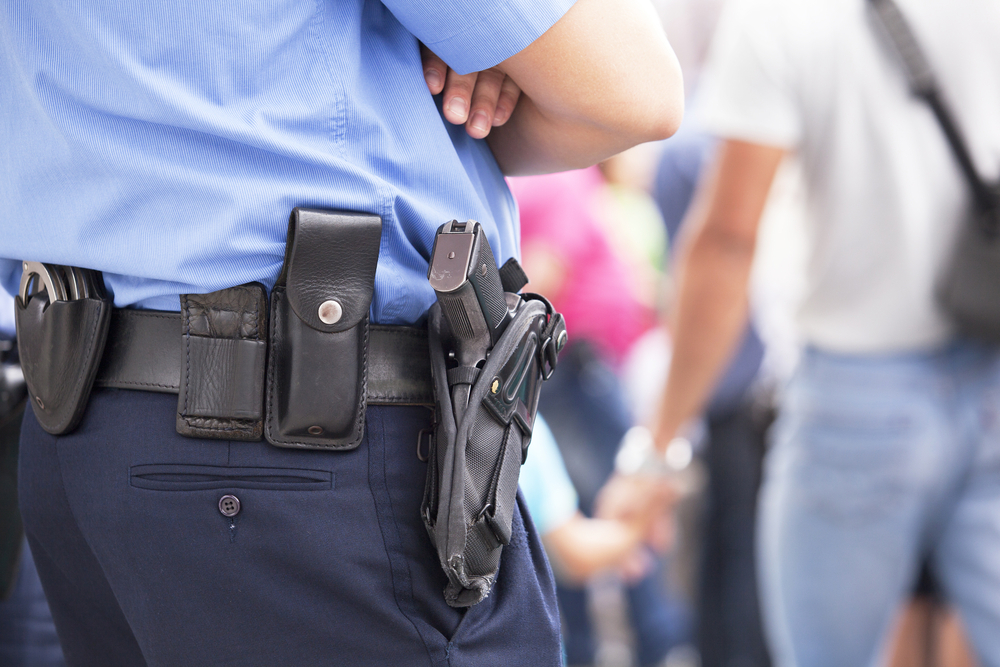Risk
Ask the Expert: Do Armed Guards Reduce Risk?

Is an armed security officer more effective in stopping crime than an unarmed officer? We get this question often, and the truth is, it’s complicated.
It certainly is possible that having an armed security officer on site reduces crime at that location, but when you’re considering arming security personnel, there’s another, completely different question that needs to be asked: does it decrease risk?
Arming your security is a two-sided coin: a gun might deter crime, but it can also increase risk.
Guns, security officers, and risk
Take the example of a bank robbery. Traditionally, robberies aren’t very violent; most banks have a policy of just giving robbers the money. The goal is to get the criminal out of the banks as quickly as possible — and then having law enforcement apprehend them. In these incidents, the probability of violence is low while the probability of catching the perpetrator is quite high. The banks have cameras, dye packs, tracking devices, and the money is insured. The risk has been reduced.
What if an officer on site were armed, however? While some bank robbers might see the gun and have second thoughts about going through with the robbery in the first place, others won’t. The armed guard increases the likelihood of a gunfight, which in turn increases the risk of injuries to or the death of bank personnel, bystanders, the officer or the perpetrator. Injuries and the loss of human life is more costly than the loss of money, so it’s probably not worth it to arm officers at a bank.
It’s also important to consider the training of your security officers. Do you trust them to make the right decision in a high-pressure, dangerous situation in which they are armed? Have they been trained for it? While police go through extensive emotional and firearms training, security personnel don’t often go through the same program. And the fact remains that even with their training, even law enforcement officers sometimes make bad decisions under pressure.
Need help assessing your guard force? Talk to a professional now.
So should you arm your officers?
The stakes are raised whenever a weapon is introduced, but only you can make that choice.
The best thing you can do is review risk through more than one lens. For example, who might be robbing a bank? Many robbers simply want money and won’t want to risk being shot, but some are desperate and may not care. Some might have an active shooter mentality, where they don’t want the money, but want to commit a mass shooting or be shot by an officer. In some cases, having an officer with a weapon can make things much, much worse.
The key is to not just make a quick decision. Spend some time thinking about what risk really means to your organization. Is it a good cultural fit? Is the probability so low that it isn’t worth it? Does a weapon increase the severity of the incident that can make the risk overall high? As we said, this is complicated and a lot of variables must be taken into consideration before implementing armed officers.
Risk is complex. If you’re ready to talk to a professional about your business’s risk, contact Circadian Risk now for a consultation.





